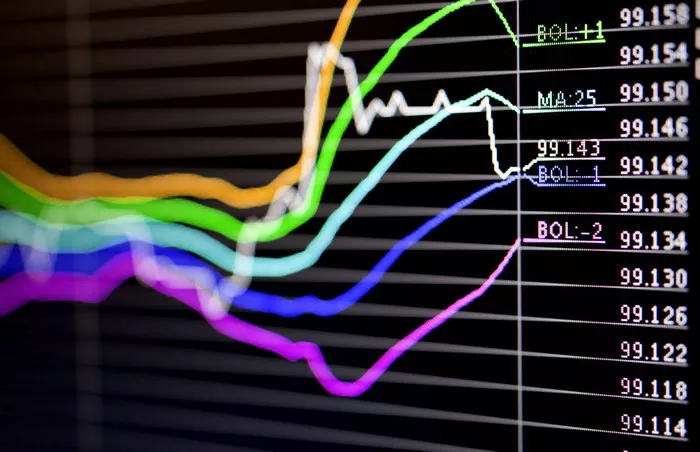Vinod Khosla, co-founder of Sun Microsystems and a prominent venture capitalist, confidently asserts that the future of humanity is promising due to advancements in artificial intelligence (AI). During a discussion with TechCrunch editor-in-chief Connie Loizos at the TechCrunch Disrupt 2024 conference, Khosla stated that the necessity for traditional work will significantly diminish, thanks to AI’s capabilities.
Khosla emphasized that various fields, including healthcare professions like primary care physicians and oncologists, as well as structural engineering and accounting, could see their services offered at nearly no cost. He believes this shift will lead to “great abundance” and predictably accelerate GDP growth from the current rate of 2% to over 5%.
In light of widespread apprehension regarding AI’s societal implications, Khosla recently authored a comprehensive essay titled “AI: Dystopia or Utopia?” During his appearance, he highlighted key points from his extensive 13,150-word treatise.
While Khosla’s outlook remains largely optimistic, he did not shy away from discussing potential AI-related dangers. He warned, “We could have sentient AI try and kill humanity,” stressing the importance of addressing AI safety concerns. He also expressed strong disapproval of California’s vetoed AI bill, SB 1047, arguing against its provisions.
Khosla’s primary concern, however, revolves around the potential use of advanced AI by adversaries of the United States. He specifically cited leaders like China’s President Xi and Russia’s President Putin as significant threats. “By and large, the biggest risk we face is strong AI in the hands of our adversaries,” he asserted.
For several months, Khosla has been vocal about the risks associated with open-source AI, warning that it could be exploited by countries like China. He also noted that the rise of AI could exacerbate income inequality. As a proponent of universal basic income and wealth redistribution, he argued that “capitalism tends to concentrate wealth,” necessitating policies that ensure everyone benefits from technological advancements.
Khosla’s enthusiasm for AI is not a recent development; he has been an advocate for the technology long before its recent breakthroughs. He recalled that his 2018 investment in OpenAI was an “easy decision,” even when the company’s direction was not entirely clear. Khosla Ventures was among the first institutional investors in OpenAI, providing an initial $50 million investment that now represents a 5% stake in the company, which is currently valued at $157 billion.
Related topics:


